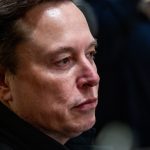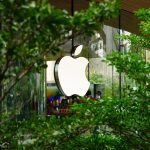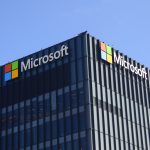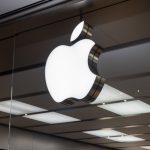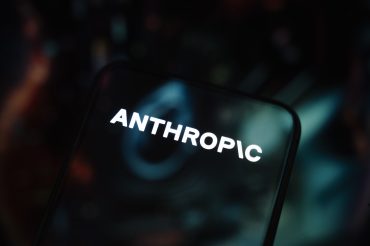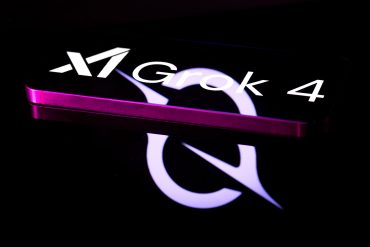
- Artificial Intelligence
- Big Tech
- Regulation
Elon Musk's xAI Sues Apple, OpenAI Over iPhone Integration Deal
6 minute read

Apple’s iPhone partnership with OpenAI sparks major antitrust lawsuit from Musk’s xAI over market access restrictions
Key Takeaways
- Elon Musk’s xAI files major antitrust lawsuit against Apple and OpenAI, alleging illegal market domination through exclusive iPhone integration that blocks competitors from millions of potential customers.
- Government invests over $400 million for 10% stake in Intel, marking significant intervention to strengthen domestic chip manufacturing against foreign competition from TSMC and Samsung.
- Lawsuit seeks billions in damages and permanent injunction, claiming Apple’s exclusive OpenAI partnership maintains monopolies in both smartphone and generative AI markets while restricting Tesla and SpaceX applications.
Introduction
Elon Musk’s artificial intelligence company xAI has launched a sweeping antitrust lawsuit against tech giants Apple and OpenAI, alleging an illegal scheme to dominate the AI industry. The lawsuit targets Apple’s exclusive integration of OpenAI’s technology into iPhones, which Musk claims systematically blocks competitors from accessing tens of millions of potential customers.
This legal action emerges alongside the Trump administration’s announcement of a strategic $400 million investment in Intel, representing unprecedented government intervention in the semiconductor industry. The convergence of these developments signals escalating tensions over market control in critical technology sectors.
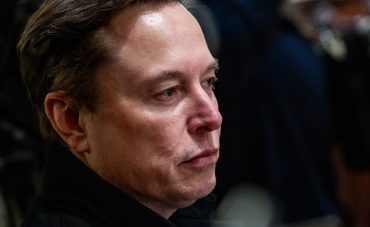
Key Developments
The lawsuit centers on Apple’s partnership with OpenAI, which enables direct integration of ChatGPT and other generative AI tools into iPhones. This exclusive arrangement provides Apple users with native access to advanced AI capabilities while effectively shutting out competing AI providers like xAI from the platform.
Musk’s legal filing extends beyond AI integration, accusing Apple of broader anticompetitive practices targeting his other ventures. The suit alleges that Apple leverages its smartphone market dominance to block applications and services related to Tesla and SpaceX operations.
Specifically, the lawsuit claims Apple maintains restrictive agreements with app developers that limit collaboration with Tesla’s autonomous driving software. These practices allegedly create substantial barriers to competition in the electric vehicle sector, where software integration proves increasingly critical.
Market Impact
Apple’s “Apple Intelligence” rollout represents a significant product milestone, incorporating customizable generative AI tools including message summarization and image generation. The OpenAI partnership strengthens Apple’s position in the accelerating race among tech companies to embed AI capabilities into consumer devices.
OpenAI’s market dominance becomes evident through its reported 100 million weekly users, highlighting the substantial customer base potentially affected by exclusive partnerships. The AI company’s integration with Apple’s ecosystem provides access to hundreds of millions of iPhone users globally.
The government’s Intel investment reflects broader concerns about semiconductor supply chain security and domestic manufacturing capabilities. This intervention aims to reduce American dependence on foreign chip producers and strengthen national technology infrastructure.
Strategic Insights
The lawsuit illuminates fundamental tensions in the technology industry, where AI integration and hardware control increasingly determine competitive advantage. Major tech firms are rapidly embedding generative AI into consumer devices, making artificial intelligence a core differentiator in hardware ecosystems.
Apple’s exclusive OpenAI partnership demonstrates how platform control can extend market power into emerging technology sectors. The arrangement potentially locks competitors out of critical distribution channels while enhancing Apple’s data collection capabilities through AI interactions.
The government’s semiconductor investment signals recognition that chip manufacturing represents a national security priority. This intervention reflects growing awareness that technology infrastructure requires domestic production capabilities to ensure strategic independence.

Expert Opinions and Data
OpenAI has characterized Musk’s lawsuit as part of an “ongoing pattern of harassment,” suggesting the dispute combines personal and strategic motivations. According to Bloomberg, the legal action underscores intensifying competition and regulatory scrutiny across the tech sector.
Industry experts view Musk’s legal challenge as potentially pivotal for future antitrust enforcement in technology markets. The case could establish precedents for how exclusive partnerships between major platforms and AI providers face regulatory oversight.
Apple has previously warned that government intervention in technology design could set dangerous precedents for innovation and product development. The company has not issued public comments regarding Musk’s specific allegations about anticompetitive practices.
Public reactions remain divided, with some observers viewing Musk’s actions as protecting competition and innovation, while others question his motivations given his direct financial interests in xAI and competing platforms.
Conclusion
The lawsuit represents a critical inflection point in technology industry competition, where AI capabilities and platform access determine market positioning. With billions of dollars in potential damages and permanent injunctions at stake, the legal battle could reshape how major tech companies structure partnerships and integrate emerging technologies.
The simultaneous government investment in Intel reinforces that technology infrastructure and artificial intelligence development have become matters of national strategic importance. These parallel developments demonstrate how competitive dynamics in technology markets now intersect with regulatory oversight and national security considerations, fundamentally altering the landscape for innovation and market access.
